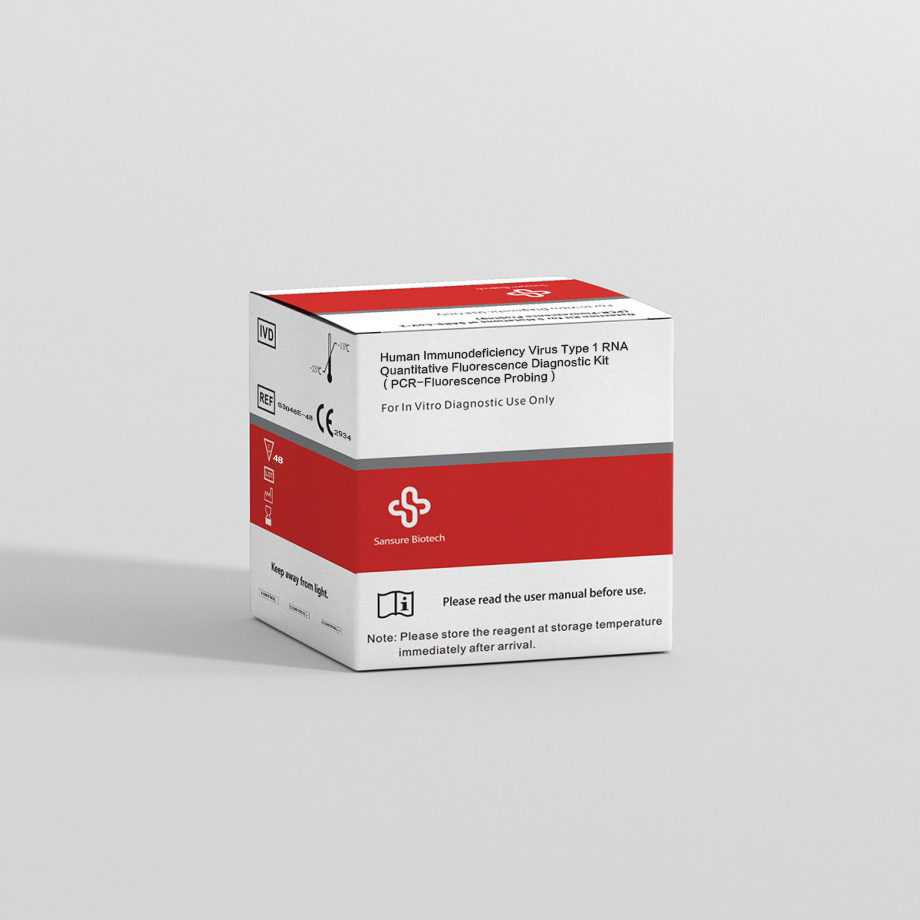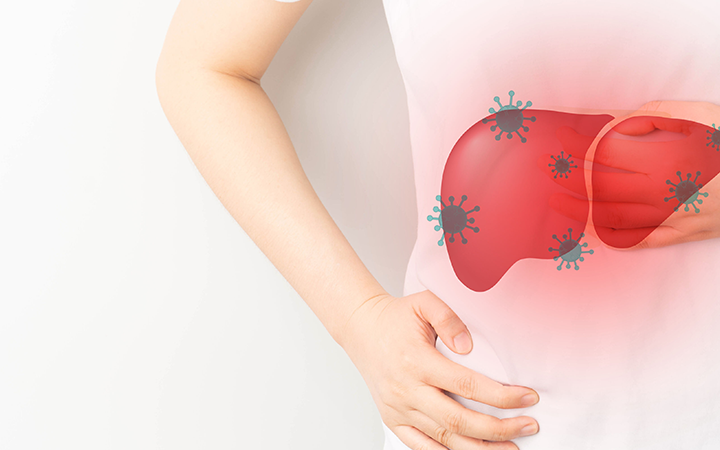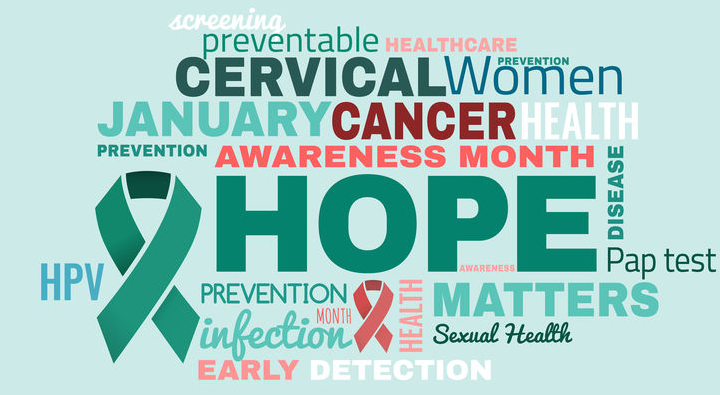Molecular diagnostics: Testing solution To End HIV
The COVID-19 pandemic has disrupted HIV testing worldwide and threatens to reverse the progress gained over the past decades. According to WHO, the human immunodeficiency virus (HIV) has infected around 84.2 million people globally. It is estimated that roughly 40.1 million people have died from the infection.
The WHO reports should make countries reflect on the importance of HIV prevention, diagnosis, and treatment. In this regard, we have asked our experts to share useful information about prevention and testing. Furthermore, we will discuss in details the most effective testing methods.

When to get tested for HIV
HIV affects the immune system and weakens our body’s defenses against various inflections. The ultimate stage of HIV infection is the acquired immunodeficiency syndrome (AIDS). AIDS may take several years to develop, and it is defined by certain cancers, infections, or severe long-term clinical manifestations.
According to the CDC, testing is recommended for people between 13 and 64 years old. Everybody should be tested at least once to avoid virus transmission to their babies or sex partners. Individuals belonging to higher-risk groups should get tested more often. Here, a list of higher-risk groups:
- People with unsafe sexual behaviors
- Drug users who share injection equipment
- Babies breastfed by HIV-positive moms
- Healthcare workers that received needlestick injuries
The importance of HIV testing
By the end of 2021, 38.4 million people worldwide were living with HIV. Another alarming figure by CDC tells us that nearly 40% of new infections are transmitted by individuals unaware of contracting the virus. These data show that WHO considers HIV education and prevention a top priority.
Studies have shown that HIV patients undergoing antiretroviral therapy (ART) can remain healthy for many years. ART treatment works by suppressing the amount of viral load in the blood. By reducing HIV-related illness, we can effectively prevent transmission to others. Ultimately, testing becomes critical for patients benefiting from treatment and others’ well-being.
HIV tests for screening and diagnosis
Nowadays, HIV tests are extremely accurate and can be categorized into three main types: nucleic acid tests (NAT), antigen/antibody tests, and antibody tests.
NAT tests search for the actual virus in the patient blood. Generally, NAT can identify the HIV infection 10 to 33 days after exposure. NAT is usually carried out on a person who had potential exposure or early symptoms of HIV infection.
Antigen/antibody tests look for both HIV antibodies and antigens. Antigens are foreign substances that stimulate an immune response and consequently generate antibodies. In addition, antigen/antibody tests are recommended for laboratory testing and can detect infection 18-45 days following exposure.
Antibody tests check for antibodies produced in response to HIV in the blood or oral fluid. The antibody test can identify infection 23 to 90 days after exposure. Currently, antibody tests are the only FDA-approved HIV rapid tests and self-tests.

Sansure testing solution for HIV
At Sansure, we have developed an innovative solution for HIV testing: HIV-1 – Human Immunodeficiency Virus Type 1 RNA Quantitative Fluorescence Diagnostic Kit. Sansure’s HIV-1 RNA Quantitative Fluorescence Diagnostic Kit is intended for quantitative detection of the HIV-1 Virus RNA in human EDTA plasma specimens.
Our solution adopts superparamagnetic nanobeads to absorb DNA/RNA in the sample. The test has a unique combination of inorganic and organic solutions to reduce HBV/DNA loss due to too many handing steps. At the same time, the kit presents an innovative lysis solution for less aerosol contamination. All its properties result in higher sensitivity of 25 IU/mL meeting HIV-1 infection clinic guidelines.
Sansure’s products are CE certificated and support communities to prevent HIV transmission worldwide.
Click here to learn more about Sansure’s testing solutions.





